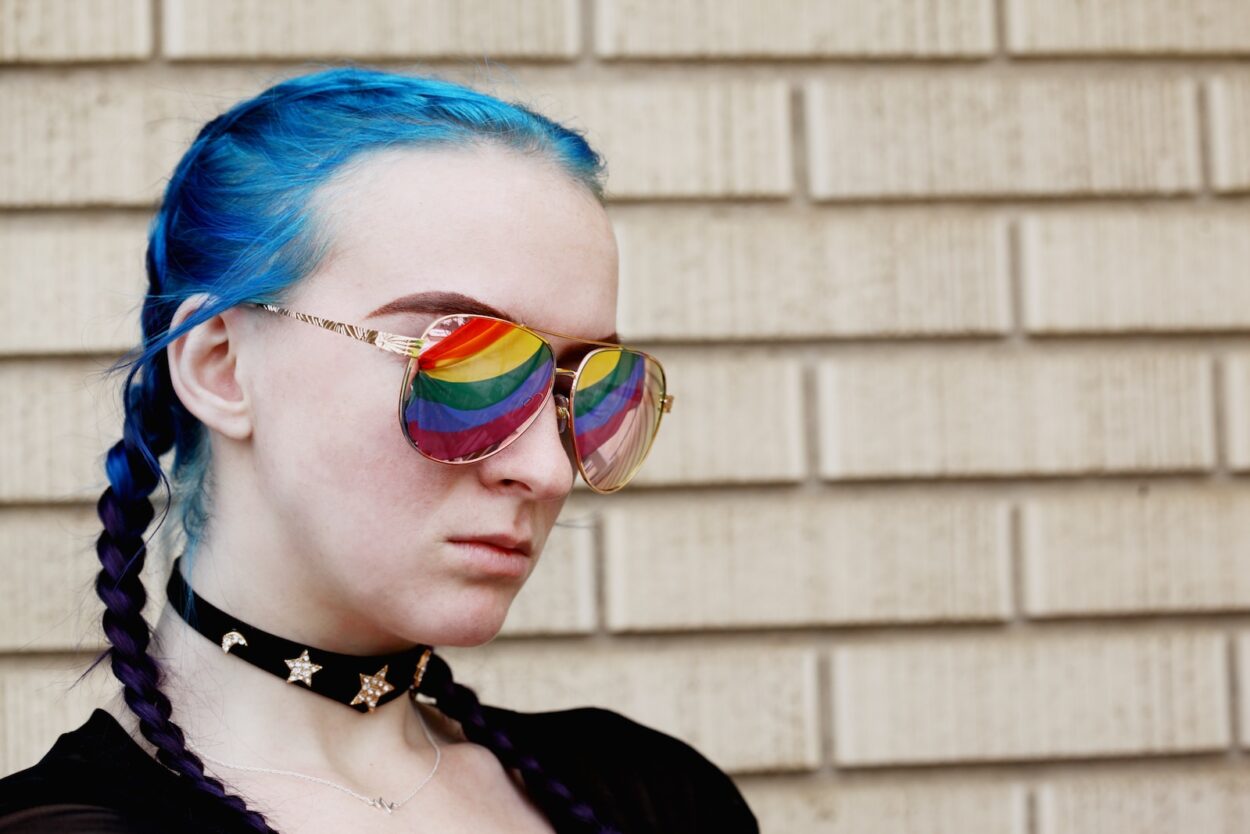When a child comes out as LGBTQ, it changes the world’s picture of them. That doesn’t mean it’s all bad, but it does require adjustments.
Often, the first step is to tell their parents that they’re gay. This can be done with honesty and love. It can also be done on their own time.
1. Talk to them.
You may already know that your parents are supportive, but you still have to talk to them about your gayness. The best thing to do is have the conversation in a safe place with the parent you feel more comfortable telling first. This might be the person you have a closer relationship with, or it might be the one who is more judgmental.
Some people worry that coming out will make their parents think they are sex-seekers or promiscuous, but you should be confident in your sexuality and explain it to them in a way that makes sense to you. Explain that your feelings of love, trust, and affection are the same as any other person’s. You might say that you want to share these things with someone of your own gender, and that you are not seeking any other kind of intimacy than this.
It’s also a good idea to ask around for resources your family might find helpful before talking with them about your sexuality. Some LGBTQ organizations have resources available that might help your parents understand and accept you, and you can also try searching for therapists that specialize in supporting families of LGBT children. They might have articles or videos on their website that you can send them to give them more information.
2. Ask for their support.
Teens who are LGBTQ may begin dropping hints at an early age but will need to decide whether they can tell their parents and when they feel ready. They might start by coming out to other people such as friends or online communities first.
When someone comes out to their parents, they are giving them new information that changes how they see that person. It is normal for parents to be shocked at first but it’s important to let them know that this doesn’t change how they love their child, it just adjusts the picture. It’s also a good idea to remind them that homosexuality is just a natural part of who they are.
Many parents worry about their child being hurt if other people find out they are lesbian or gay. They might fear rejection from friends, family members and colleagues; scorn or worse from their local community; isolation; lack of support from organisations such as work and school; and the risk of violence or abuse.
Try to reassure them that homophobia is largely based on ignorance and can be dispelled by knowledge. Encourage them to talk to their peers about their experiences, read books and articles, and watch films and TV programmes with LGBT characters. It is also worth emphasising that being lesbian or gay does not mean that they are “weird”, “embarrassing” or that they have a mental illness such as bipolar disorder.
3. Talk to your friends.
There is no one-size-fits-all way to tell parents you are gay. Every family is unique, and how a parent reacts will vary depending on their personality, their level of acceptance of homosexuality, and their own personal experiences. But there are some things that can help a person prepare for the conversation and make it as productive as possible.
It is important to find a time when your family is calm and can focus on the discussion. It is also a good idea to let other trusted friends and allies know that you will be telling your parents so they can be supportive if needed.
During the conversation, it is normal for your parents to have questions, especially if they were not expecting you to come out. It is helpful to have a prepared list of answers to share with them. You should also be prepared for them to have negative reactions.
If your parents have expressed prejudice or bigotry in the past, it is likely that they will be less accepting of your sexual orientation. It is important to remember that their reaction does not reflect on you as a person or your worth as a loved one. It simply means that they need to work through their own prejudices in order to fully understand and accept you as a loving, lovable child.
4. Tell them on your own time.
In some families it can be helpful to let your parents slowly realise that you are lesbian or gay. This can help them to be more prepared for the conversation and allows them to work out how they will react to this new information.
When you do sit down with your family, you will probably find that they are shocked and confused. This is not necessarily a bad thing and it is a normal reaction. It will take time for them to come to terms with this new information and they may need to do some research on their own.
It is important to remember that homosexuality is not a choice and it is a natural part of who you are. It can feel painful if people react with disbelief, but it is not your fault. It is important to have a support system in place if your parents do not accept your sexual orientation. This can be a therapist, a counsellor or someone who can offer a safe place to stay if necessary.
It can be a very emotional time and you may not feel like talking about it. Try not to put too much pressure on yourself and focus on keeping a healthy relationship with your family. It is also important to make it clear that slurs and jokes based on gender, sexual orientation or identity are not acceptable.




Leave a Comment